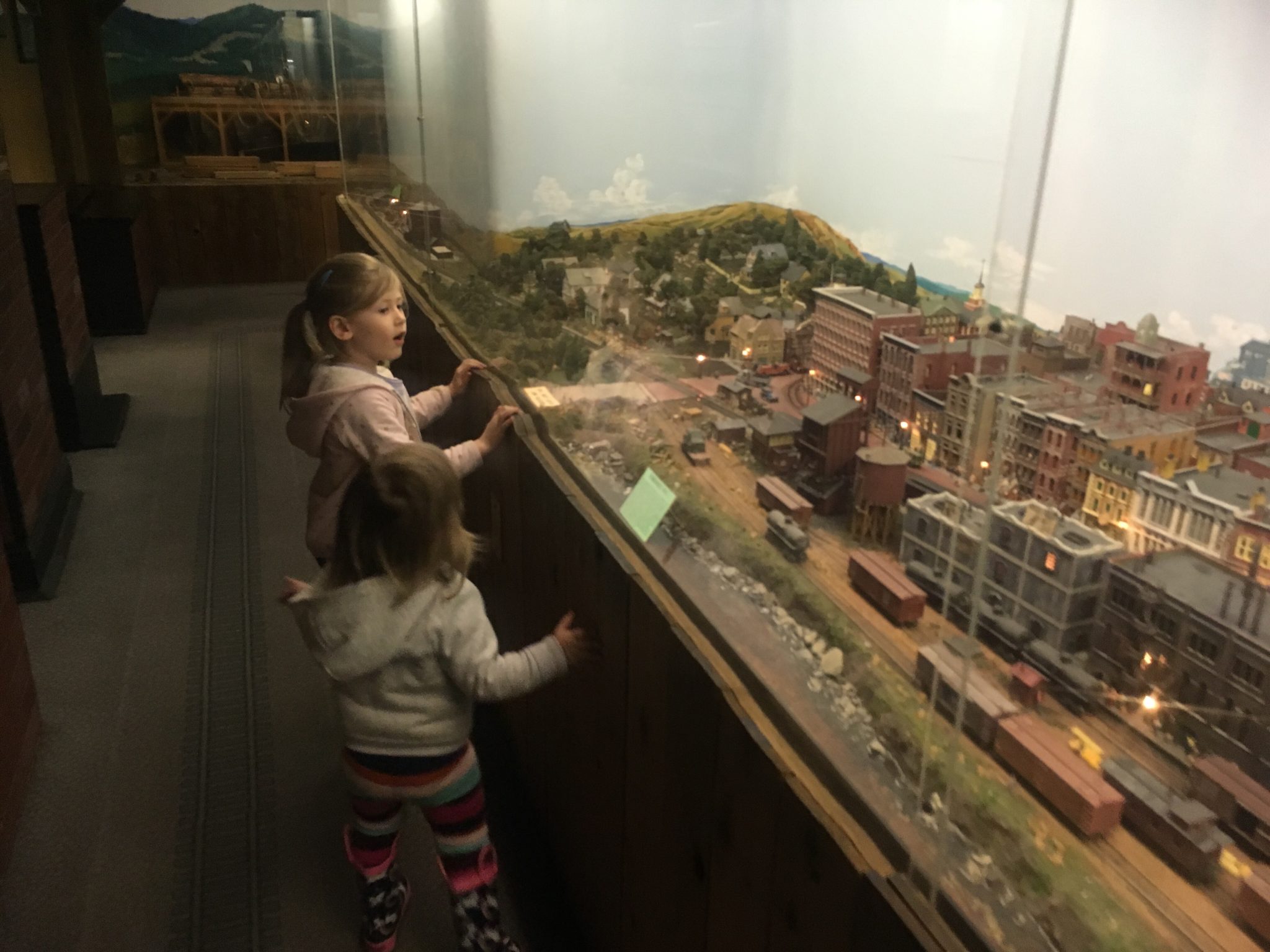This is the lesson outline for what we talked about today at church. For non-LDS, it’s about hometeaching: a church program where pairs of adult or teen men visit with and help other church members to whom they are assigned (the more-or-less female equivalent is called Visiting Teaching. I didn’t make up the names).
Anyways, here’s the lesson plan. No it didn’t end up being exactly like this.
Lesson Objective: Simplify Hometeaching so brethren can more easily bless and be blessed through hometeaching (ie, try not to make it feel more complicated or difficult; instead share tips and experiences that help to make it easier and more doable).
Introduction: We’re having a combined meeting in order to share with each other ways to SIMPLIFY HOMETEACHING.
Hometeaching should both bless those who are hometaught, and those who do hometeaching.
It seems hometeaching is easy for some brethren: they have a habit of doing it, don’t have much trouble getting organized with a companion, consistently visit their families, and find time and ways to make their families feel loved.
Others are already overwhelmed with things to do, including a calling, and adding hometeaching onto their plates seems like too much. Or they might be unsure how to connect with their families or what exactly to do during a visit.
In this meeting we are going to break into groups to discuss ways to simplify hometeaching, and learn from each other how to make its blessing more accessible.
The items to discuss are:
1. How can we develop good hometeaching habits?
2. What is meaningful contact or service?
3. How can Junior Companions be Involved?
We’ll divide you into groups to read and discuss, and then regroup to share one or two highlights.
Group 1 – How can we develop good hometeaching habits?
Brethren, in the best of all worlds and in those circumstances where it can be done, a monthly visit in each home is still the ideal the Church would strive for. But realizing that in many locations around the world achieving such an ideal is not possible and that we cause those brethren to feel like failures when we ask them to do what cannot realistically be done, the First Presidency wrote to the priesthood leaders of the Church in December 2001, giving this inspired, very helpful counsel: “There are some locations in the Church,” they wrote, “where … home teaching to every home each month may not be possible because of insufficient numbers of active priesthood brethren and various other local challenges.” We’ve mentioned some of them. “When such circumstances prevail,” they go on, “leaders should do their best to use the resources they have available to watch over and strengthen each member.”4
Brethren, if in my ward or branch I faced these kinds of difficult circumstances, my Aaronic Priesthood companion and I would apply the First Presidency’s counsel (which is now handbook policy) in this way: First, however many months it took to achieve it, we would pursue the scriptural mandate to “visit the house of each member,”establishing a schedule that would get us to those homes on a calendar that was both possible and practical. Built into that schedule would be the prioritization of our available time and frequency of contacts to those who need us the most—investigators the missionaries are teaching, newly baptized converts, those who are ill, the lonely, the less active, single-parent families with children still at home, and so forth.
-Elder Holland, Emissaries to the Church
Questions:
- What are good hometeaching habits?
- How can we develop those?
Group 2 – What is meaningful contact or service?
While working through our schedule to visit all homes, which may take some months to accomplish, we would make other kinds of contact with the individuals and families on our list via any of the means the Lord has provided. Certainly we would watch for our families at church and, as the scripture says, would “speak one with another concerning the welfare of their souls.” In addition, we would make phone calls, send emails and text messages, even tap out a greeting through one of the many forms of social media available to us. To help address special needs, we might send a scriptural quote or a line from a general conference talk or a Mormon Message drawn from the wealth of material on LDS.org. In the language of the First Presidency, we would do the best we could in the circumstances we faced with the resources available to us.
Brethren, the appeal I am making tonight is for you to lift your vision of home teaching. Please, in newer, better ways see yourselves as emissaries of the Lord to His children. That means leaving behind the tradition of a frantic, law of Moses–like, end-of-the-month calendar in which you rush to give a scripted message from the Church magazines that the family has already read. We would hope, rather, that you will establish an era of genuine, gospel-oriented concern for the members, watching over and caring for each other, addressing spiritual and temporal needs in any way that helps.
Now, as for what “counts” as home teaching, every good thing you do “counts,” so report it all! Indeed, the report that matters most is how you have blessed and cared for those within your stewardship, which has virtually nothing to do with a specific calendar or a particular location. What matters is that you love your people and are fulfilling the commandment “to watch over the church always.”
-Elder Holland, Emissaries to the Church
Questions
- What are good ways to have meaningful contact with your families?
- What is important when reporting hometeaching?
Group 3 – How can Junior Companions be Involved?
I will admit I was at a loss for words. I had just spent nearly half an hour trying to help a less-active widowed man, whom I loved, understand why bad things sometimes happen to good people. I had used numerous scriptures and analogies that had often helped my seminary students, but to no avail.
Then suddenly my home teaching companion, my 15-year-old son, spoke up with something he had learned from his personal scripture reading. This took me by surprise. He shared a couple of verses and then testified powerfully of God’s love for His children and of His desire to bless us, often doing so through our trials.
This testimony was so powerful, sincere, and meek—just as the Lord has directed such testimonies to be (see D&C 100:3–8)—that the heart of the man miraculously changed. Tears filled his eyes as he expressed gratitude to my son for the words he had spoken. Peace filled the room, and I was reminded of the inspiration that can come to a home teacher, regardless of age or experience, when his desire is to bless, strengthen, and inspire the families he teaches. When home or visiting teachers open their mouths in faith, the Lord can speak through them (see D&C 33:8–10).
-Reaching out in Love: Tips for Home and Visiting Teaching, January 2017 Ensign
Questions:
- What can senior companions do to help involve junior companions?
- In what ways can junior companions show initiative?
Regroup
Each group picks one or two brethren to share something discussed in their group that answers their group’s question.
Any other comments on how to simplify hometeaching?
Please discuss with your companion some ways you think you couldapply what you’ve learnt today.
Conclusion
Hometeaching is meant to bless those who are hometaught (even active members who don’t appear to have any troubles), and those who hometeach. Even if you’re busy, we hope you’ll:
- Establish regular schedule with your companion and families for hometeaching, even if it’s not every month
- Stay in touch with your families in whatever way works and be there to serve
- involve junior companions (and junior companions: you’ll encourage your senior companions)




